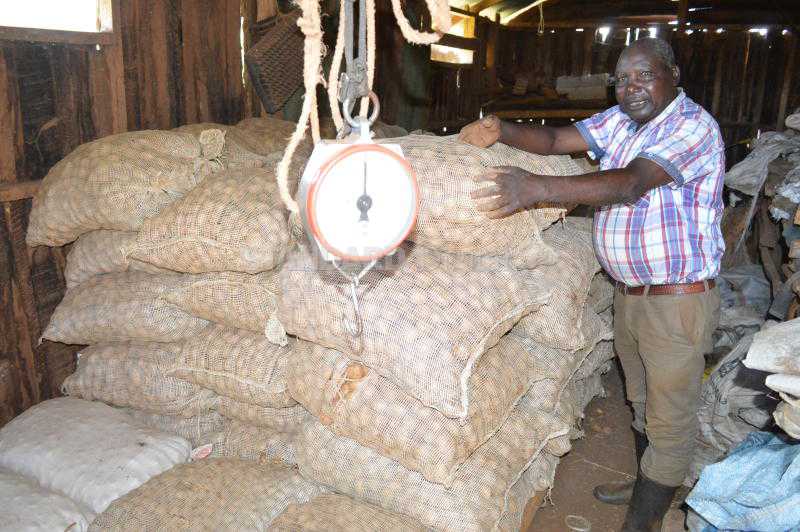×
The Standard e-Paper
Smart Minds Choose Us

Technology has been touted as the next game changer in farming and one farmer is already tapping into its rich potential.
From one corner to another, an outstanding feature at Jason Marangu’s farm is how he has invested in machinery on his ten-acre space in Kibirichia, Meru County.